Every emerging artist reaches a point where if they want to take it further, they have to start earning some money… if only to pay for new guitar strings! One of the most vital organisations assisting artists to develop a revenue stream is PRS for Music. PRS ensure that songwriters receive fees due to them for the use of their music in broadcast and live performance.
Andy Ellis has 30 years experience in the music biz – in the fields of A&R, artist management, fund-raising, marketing, communications and music education. I caught up with him to learn what PRS can do for emerging artists and to get his take on the ever-evolving music industry…
What inspired you to work within the music industry?
My parents were that inspiration. Neither of them are musical, or at least, that musical talent hasn’t surfaced yet! But there was always music in the house and it was a real diverse mix. Music was a background to my childhood and some of my earliest memories are rooted in hearing a song.
When I was growing up, there weren’t the roots into the industry that perhaps there are now. I didn’t know how to get in. I was fortunate enough to see an advert for PRS. I kind of knew what they did; something to do with songwriters and the stickers I’d seen in shop windows! But the fact that I knew it was something to do with music was was enough for me!
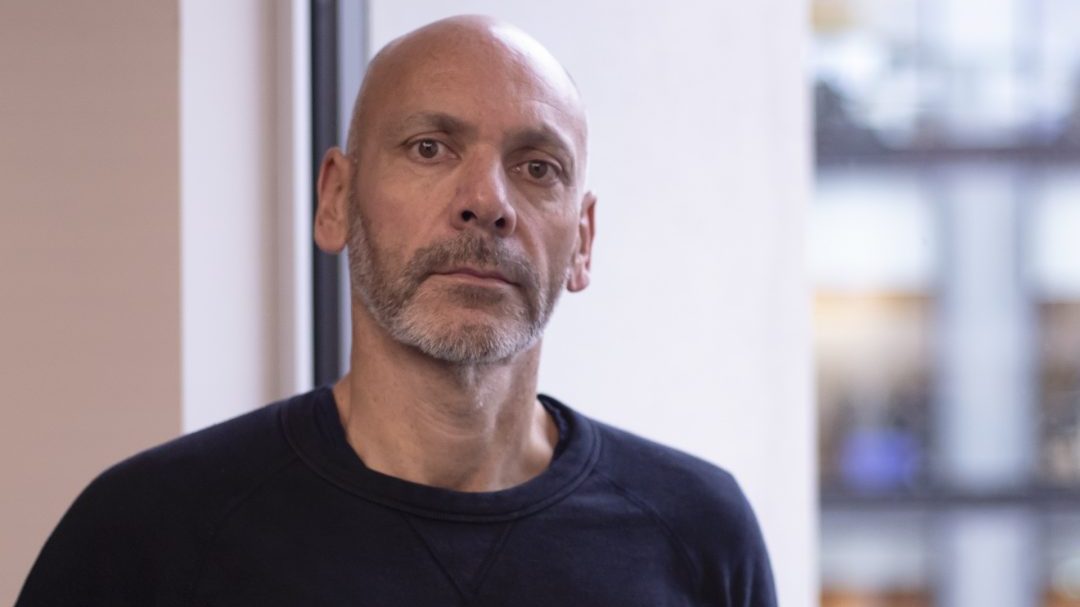
Andy Ellis of PRS for Music. Photo credit: Jude Benjamin
How does PRS help artists?
I think we help in a range of ways. First and foremost, we’re a royalty collection society and in many cases the first royalty [income] stream that some writers and composers receive.
We also have two charitable arms. Firstly there’s the PRS Foundation, which is the biggest supporter of new music in the UK. They run a range of schemes for music creators in all different areas at different stages of their careers, which can be hugely beneficial for them. We also have the PRS Members Fund which is there for members when perhaps they’ve fallen on hard times.
Can you tell me a little about your role at PRS?
Yeah, I lead the outreach team. The Outreach team are based around the UK and responsible for explaining what PRS is, what we do, who should join, when they should join and where PRS fits in the music industry…
As an organisation that’s heavily involved in the live scene in particular, how does it feel to know you’re making a positive impact on the music community?
It is fantastic to be having conversations with someone and they say, “Oh brilliant, I got my first PRS payment through! It enabled me to go and book some rehearsals, buy some new strings or pay for a van hire.” That’s a very positive and empowering feeling.
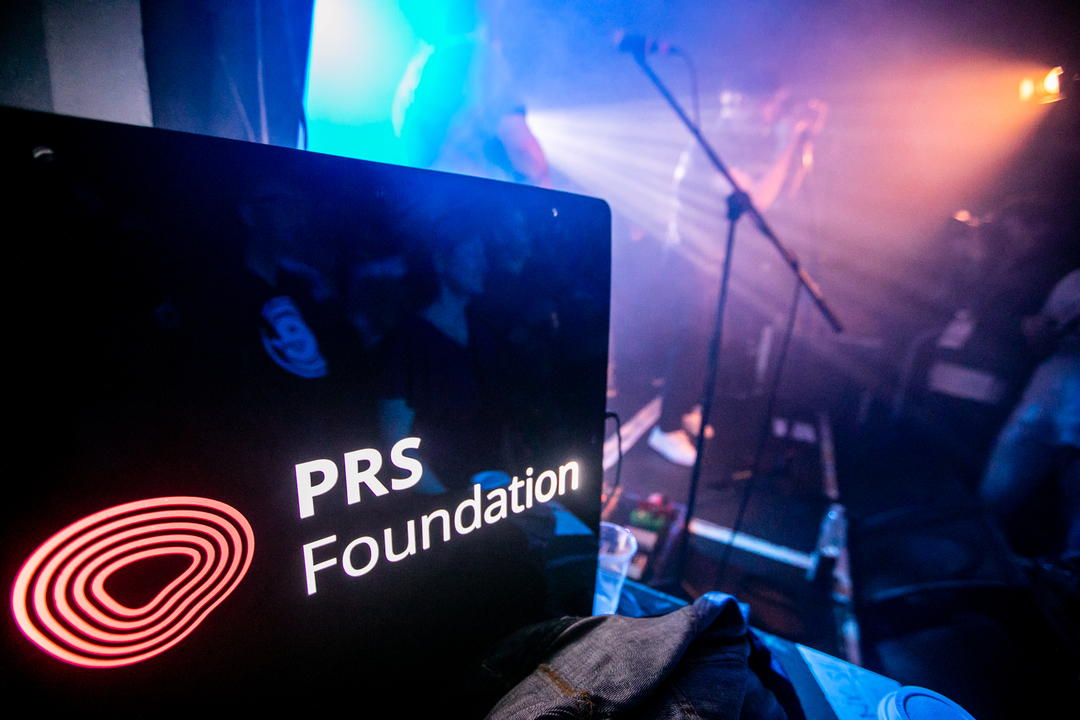
PRS foundation. Source: twittersphere
How do you think the music industry has changed since the advent of the Internet?
I think the music industry has changed wholesale over the last 15 to 20 years with the advent of the Internet and Digital. You can record to a very high standard at home now relatively cheaply. The Internet means that you can effectively market yourself worldwide from a home studio.
Of course, the challenge now is that so can everyone else, so it changes the dynamic bearing. It’s perhaps slightly less about finding a way to get your music out now and more about finding a way to be noticed in the crowd. I think that has been a big change and has led to a return to the importance of the relationship between the artist and fans.
Publishers, managers, labels, they will come and go but if you can nail the relationship with your fans they’ll stick with you forever. Live music is a really powerful tool for starting the relationship and making it personal and the Internet, social media etcetera, give you a platform to grow that relationship and keep the conversation going.
“I think if I were to give one piece of advice for music creators, accepting and understanding that they’re starting a business is the best way to go about growing that business.”
Do you think the days of the kind of artist ‘mystique’ and a separation between the artist and the fan are done?
Not necessarily, You can still have that mystique. You can still be slightly aloof and not directly interact with your fans but you need to have someone who’s going to take care of that interaction on your behalf. You can take that idea of mystique too far and there’s a danger in that. There are some great artists who absolutely nail that ‘aloofness’ but they’ve generally got someone there who can maintain a relationship for them.
Even at an emerging level, you know the artist may disappear backstage but might have someone wandering around with a clipboard going, “Oh did you like that show? Could we take your e-mail address, please?” But for me personally, people love to talk to bands and if you see a band on stage that you like, you want to go and chat to them afterwards.
At the emerging level (…) you get a chance to do that. As they move further up the chain, you don’t really get the same chance to interact in that way.
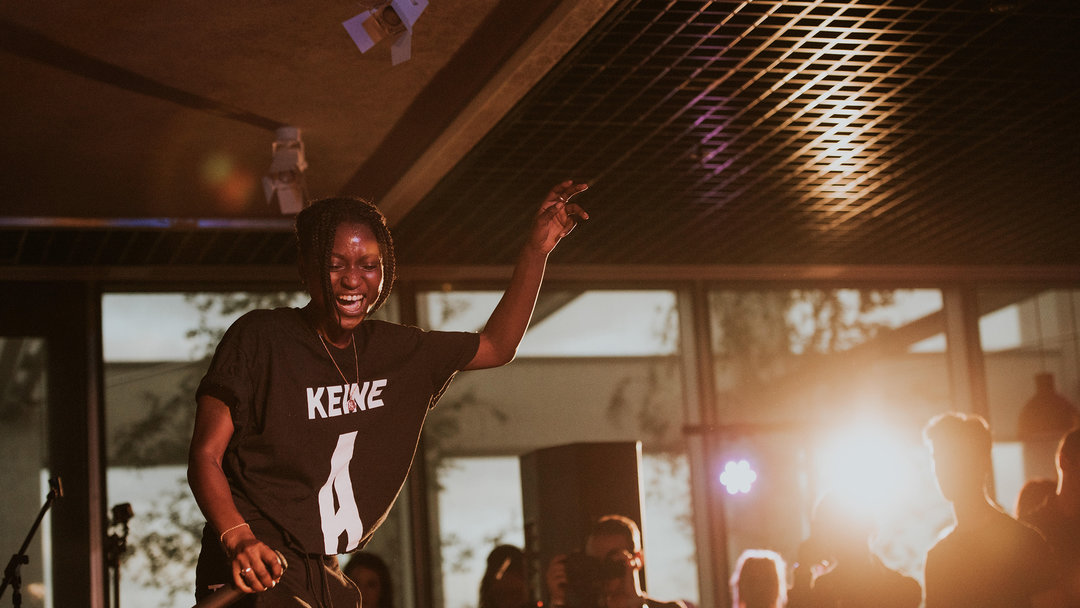
Flohio plays PRS presents. Source: prsformusic
Do you think that original music is still a viable career choice?
Yes, I think so. I think the reality is for lots of songwriters and composers their career is a mix of things, so music is just a portion of their income. But we see lots of those people slowly transition to the point where they’re making enough money from music for it to be a career.
I think if I were to give one piece of advice for music creators, accepting and understanding that they’re starting a business is the best way to go about growing that business. If you’re opening a restaurant or a coffee shop, for example, you would understand the industry you’re getting into. You would make sure you’ve got all your rules and regulations sorted out, know what the trading hours are and so on. No one gets into music because they have a love of admin but we’ve all got bills to pay. If you can be maximising the money you’re making from music, you can concentrate on making more music.
Do you think that’s something that’s changed over the years, putting the business element in the hands of the artist?
Definitely. We all talk about a DIY landscape now: whether you are an artist, manager or whatever, you will be embarking upon some element of DIY. Even if you eventually want to go for a label or find a manager, you’re still going to have to get your career to a certain level for them to notice you and take you seriously. They need to feel that you’re serious about your career in order to want to invest time and/or money into you.
Understanding how the industry works by virtue of having done some of it yourself means that you’re well placed to make decisions; Is your manager doing what they should be doing? You’ll know because you’ve done it yourself.
And can you give us an example of some of the things that you do to support new artists with that?
I’ve touched on PRS Foundation which is the biggest funder of new music in the U.K. but there’s also the work we do with Outreach Team that I head and the events that we put on. They’re aimed at our members and we take people through how to manage your PRS account.
We also do wider events… That might be a panel discussion on ‘how do you develop a career?’ for example, or we’ve had conversations around diversity and inclusion. What we’re trying to do is to help people to understand not just where PRS fits in, where PPL fits in, what all the acronyms are, but also, how do you actually develop a career? Or perhaps you want to be a manager, so let’s hear from some managers on the panel who can let you know how they got into it and what the role entails. So we support both musicians and anyone who wants to work with musicians in the industry.
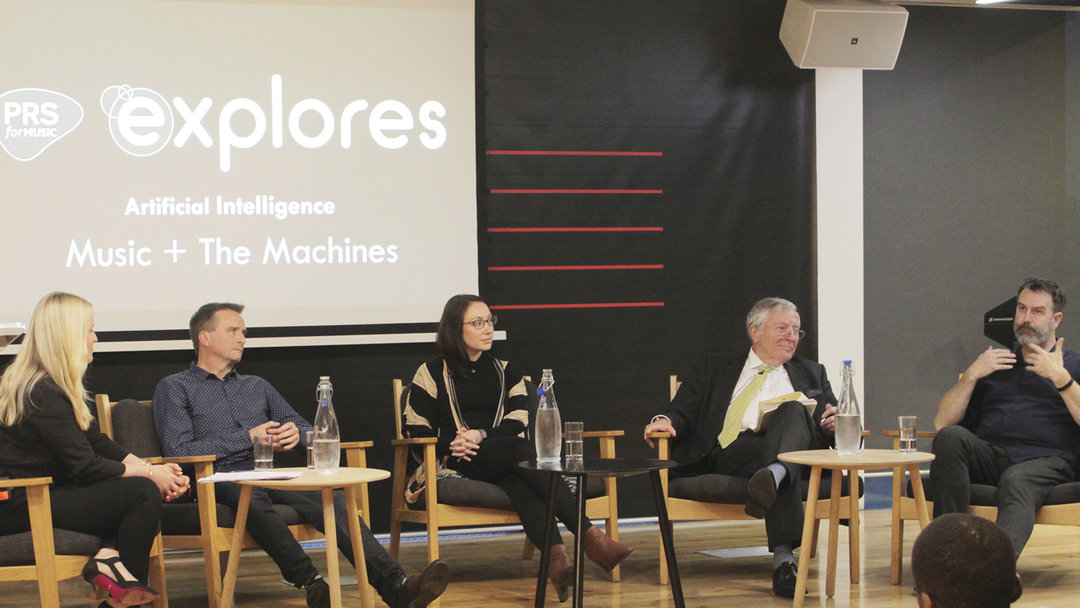
Prs for Music event. Source: prsformusic
Who would you say is your favourite artist on the scene?
Billie Eilish, Stormzy, Squid, Idles… but if you ask me this question again in 10 minutes time you’ll probably get a different bunch of names!
Do you think it’s any more difficult now for an artist to succeed in the industry than it was?
I think it’s different. I think you can develop a career more easily than you could do before. It’s still not easy but I think there are more pathways to being successful. I think we also now have a music industry where artists can define success for themselves. Thirty years ago success was by and large, “I want a record deal and I want a publishing deal because that’s what the music industry looks like” whereas now you can define success as for example, “I want to record now and I’m happy if I sell a thousand copies. I don’t want it to disrupt my day job.” All of the different elements that one might need: promo, plugging, distribution can be kind of brought in as and when you need them.
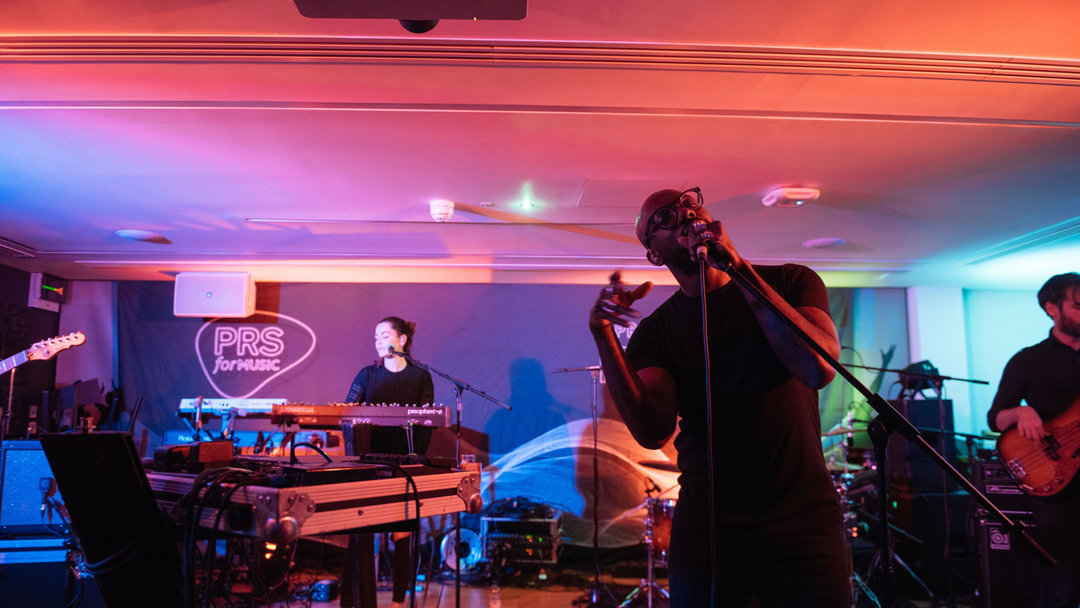
Do PRS host any shows?
The space that we’re in at the moment is also a performance space and we have another one in our other office in Streatham. Both of the cafes convert into performance spaces. So we have our own nights called ‘PRS Presents’. We invite staff and people we have connected with through the industry. It’s a great show here.
What do you think constitutes a good live gig?
So from an audience perspective, I’m a song person, so I want to come away feeling there were some great songs. I want a live performance with energy. I want to see a band that looks like they’re having a great time. I want to feel that the band are not like me. But I guess if I could define what made a live gig, I’d be a really successful live musician… but I’m not, I work for PRS *laughs*.
From the band’s perspective I think a great live gig has all of those things, but also I want to see the band working the audience. A good gig is one that the band really enjoy but that I also come out of with some growth in the fan base. Something to build on the relationship.
Then maybe getting off the stage and spending 15 minutes at the merch table just chatting to people or doing the old-school ‘names-on-a-mailing-list’ thing. The show will last for 30 or 40 minutes but from a band perspective a good gig is 48 hours. It’s the show and it’s what you do afterwards.
What do you think is particularly special about the live music scene in Camden?
Geographically, it’s in a fantastic location. I think what you have in Camden is an area which is and always has been very creative, kind of bohemian, slightly edgy and I think all that just fosters even more creativity. You know, whether you want to hear something funky at the Green Note, something heavy at Underworld, you’ve got a huge range of live music spaces in a really closely packed area. The vibe and then the opportunities for that vibe to be played out live means that it really punches way above its weight and always has done.
Is there any other advice you could give to new artists?
I would say: be resolute. I’m sure you’ve heard this a million times before but every single successful artist has been turned down more than once. Have faith in your art, keep going and find your own audience.
